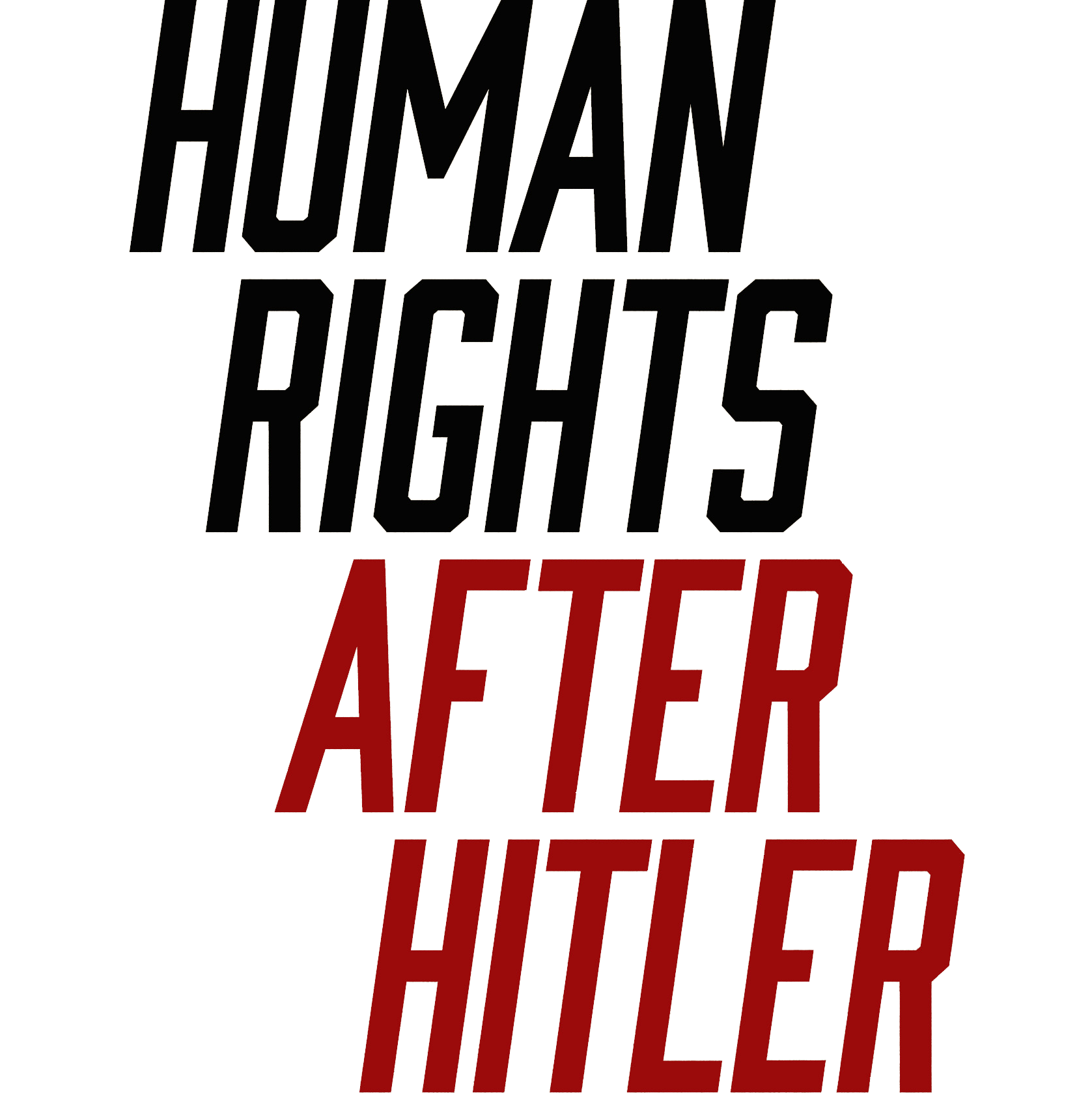Before Nuremberg – before tribunals in Rwanda, Yugoslavia – before the ICC – there was the United Nations War Crimes Commission. Founded in the darkest moments of WWII, the UNWCC was a little-known United Nations agency which identified, classified, and assisted national governments trying war criminals in Europe and Asia. Dwarfing in scope its more famous contemporaries in Nuremberg and the Far East, it coordinated the trials of generals and footsoldiers alike – but remains obscure today.
Human Rights after Hitler – written by Dan Plesch, Director of the Centre for International Studies and Diplomacy at SOAS, University of London – explores this largely unknown history, delving into histories of world-spanning legal organisations, secret dossiers of crimes smuggled from death camps, and visionary pioneers in international humanitarian law developing key concepts even as V2 rockets rained from the sky. Drawing upon newly-unsealed UN documents, it describes the UNWCC’s structures, activities, and approaches, demonstrating a proven alternative model for international law today.
This site is a repository of never-seen-before archival and research materials on the UNWCC, documenting its history and exploring the power and significance its work can have in attempts to prosecute atrocities today.









